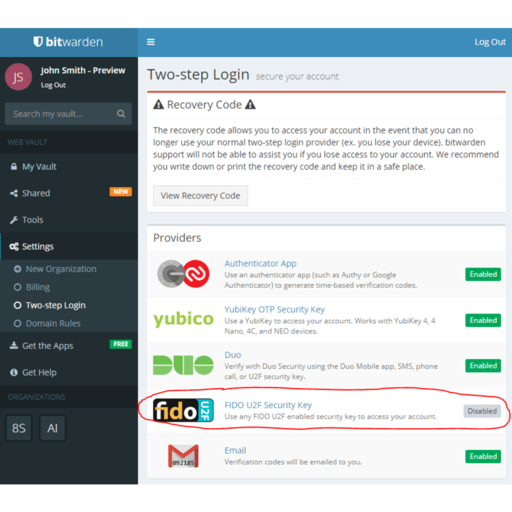

Don't get me wrong, playing around with technology has always been my hobby, but there is a line for when I just need to get things done, and ChromeOS provides that simple and minimalistic experience. Considering I have been working with different IT systems daily, I suppose having to tweak some Linux configurations outside of work hours is not that desirable. Chrome is in the name of the OS itself, so that alone covers 95% of my usage.

Why did ChromeOS come to my mind?ĬhromeOS sacrifices lots of customizability but provides a decent set of Google applications out of the box. In a sense, ChromeOS Flex is bleeding edge so it is expected to be somewhat unstable at the beginning, and I decided to wait until early 2023 to try it out, and here I am. In July 2022, Google announced a general availability for ChromeOS Flex (formerly CloudReady), a version that can be installed on non-Chromebook devices (any computer, in other words). Do I need a full-fledged highly customizable operating system for the laptop? Probably not, so ChromeOS came to my mind. For other more intensive tasks like gaming, coding, or so, my PC is responsible for them. I boot up the laptop, open Firefox, search the web, consume media, and write articles like what you are reading now. When coming to laptop usage, 95% of my time spends on the browser. It's a great all-in-one package with several core features ready to go out of the box: Desktop customization, dedicated GPU supports, Bluetooth codec supports, and whatnot, you name it! I'm satisfied with PopOS, and I still do, but a question eventually arose. At one point, I decided that Pop!_OS (or PopOS) is a stopping point after a long distro-hopping journey.

I have never been a Linux guru, but as a casual user, I love playing around with the operating system from time to time.


 0 kommentar(er)
0 kommentar(er)
